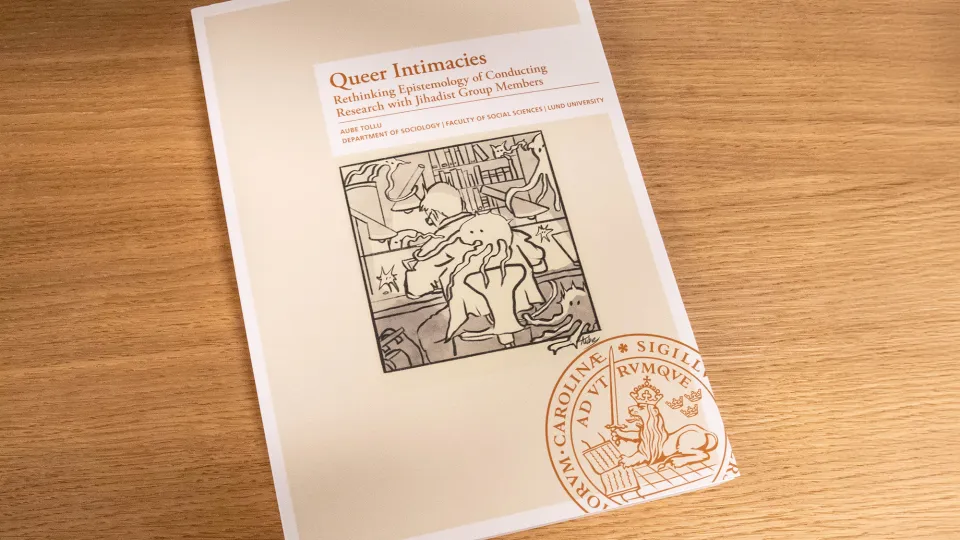Aube Tollu’s research intervenes in criminological debates by moving beyond interpretations that portray individuals in armed political milieus solely as pathological. Instead, it develops a more differentiated account of their social realities. Drawing on crip theory and affect theory, the work extends criminological analysis by foregrounding dimensions of everyday life that are often overlooked.
A key contribution lies in its examination of intimacy, including romantic relationships, friendships, and family ties. This perspective provides insight into how individuals negotiate identity and agency in armed environments.
Methodological contributions
The thesis also engages critically with prevailing research methodologies in criminology and the study of political violence. It emphasizes the importance of reflexivity in accounting for the positionality of both researchers and participants, and it explores methodological tools that can capture the complexity of social interaction. Tollu highlights the value of metaphor and alternative representational strategies as means of expanding the analytical scope of criminological inquiry.
Aube Tollu's research is a significant contribution to the field of sociology and criminology, as well as international relations, offering a humanistic model for engaging with politically charged subjects. A unanimous examination board approved the thesis.
About the thesis
Aube Tollu has written a thesis entitled "Queer Intimacies: Rethinking Epistemology of Conducting Research with Jihadist Group Members". Supervisors were Sébastien Tutenges and Christopher Swader. External Reviewer was Professor Laura Sjoberg from the University of Oxford.
The thesis in the Lund University Research Portal (opens in a new window)


